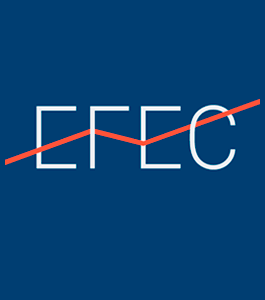A forthcoming paper in the journal Management Science looks back at 168 studies investigating financial literacy and financial education. In case you missed it, this is one of the hot topics in money management: The idea is that improving financial literacy through education and other measures will lead to better decision-making.
The findings? Interventions to improve financial literacy are pretty much useless, and financial literacy itself might not be a very good measure of your money skills in the first place.
Oh dear.
How bad is it?
Educational interventions explain only 0.1% of variation in financial behaviors later on. In other words, it doesn’t seem to have much of an effect on people’s decision-making.
The improvement in financial knowledge after education wasn’t much better (0.44%). By comparison, other educational interventions focusing on topics like creative thinking or career counseling are 13 times more powerful — in other studies, 5.3% of the changes in knowledge in those areas could be linked back to education.
What does it all mean? Financial interventions don’t really work. Why? Maybe it’s because they’re trying to intervene on the wrong thing.
Maybe financial literacy is a red herring
The researchers identified another a key problem: financial literacy might not be the topic we should be focusing on. It seems to have a big effect in correlational studies that measure literacy against behaviors, but that could just be because it’s associated with other, more important factors.
It’s the equivalent of thinking that ice cream is good for you because it contains calcium. You might like to think it’s the ice cream that’s responsible, but it’s really the milk that’s doing the trick. To test this notion, the researchers carry out their own study and throw it through the statistical meat-grinder (ice cream machine?) in order to get down to the truth.
Lee el artículo completo en The Motley Fool.


